Editor © Muhammad Haque.
KHOODEELAAR! TOLD THE FT SO for years. That Crossrail was crass. That NO REAL JOBS could be brought to inner city London by CRASSrail. FT is lazy
KHOODEELAAR! TOLD THE FT SO for years. Now, belatedly and hanging by the coat-tails of the opportunistic ‘National Audit office’ they sort of sing the song…But the FT still cannot tell the truth…That CROSSRAIL is crass, that the schools in London are a scandal,. that the vested interests that control the actual [mostly dubious and dishonestly designed] productivity [Oops. 'learning'] inside those schools are as much at fault, have been so for DECADES [not for mere years] as anything the ‘elected’ stooges are…
[To be continued]
___________________
Skills shortage to hit public projects
By Nicholas Timmins, Public Policy Editor
FINANCIAL TIMES
London
Published: November 6 2009 02:00 | Last updated: November 6 2009 02:00 Public projects worth £200bn – including the Olympic Games, Crossrail, defence infrastructure and ID cards – are at risk because the government lacks the commercial skills to deliver them, the public spending watchdog warned yesterday. The National Audit Office said there was “an even greater risk” to many other complex government projects where the shortage of skills among the people working on them had not even been systematically assessed. Each of the 43 schemes on the Treasury’s “major projects list” had a civil servant who was its senior responsible owner. But 44 per cent of those civil servants lacked any substantial commercial experience, the NAO said. The biggest skills gaps were in contract management, commissioning and managing advisers, risk identification and management – and plain old business acumen. While the government had tried to plug the gaps using temporary staff, consultants and specialist advisers, that was costly and could lead to a loss of knowledge when temporary staff moved on. The government has been attempting to boost its commercial skills since 1997, after repeated reports drew attention to the shortfall . While all big departments now had a commercial director, however, the 13 that provided information showed that more than a third of their spend was on temporary staff. The government was not even making the best use of the skills it had got, the NAO said. Departments lacked information on the expertise that was available and there was no formal mechanism for allocating expertise across government departments. The civil service culture of moving staff frequently within departments often meant that projects and individuals lost vital commercial experience. One important initiative has been to set up the Office of Government Commerce a decade ago to provide skills and guidance on best practice. But 14 of the 16 departmental commercial directors believed it had done little to address the skill gaps within their own departments, and the NAO judged that the OGC was having “limited impact”. That raised questions on how far its £1.5m-a-year budget was delivering value for money, the report added. Amyas Morse, head of the NAO, said “a great deal of money” rested on whether the government had the skills needed for complex projects at a time when it was ever more reliant on the private sector to deliver public services. Its recommendations incl-ude paying more for the right skills, in spite of public spending constraints; improving the use of skilled individuals across government; and getting the OGC to understand why departments are reluctant to take part in its initiatives. The NAO said the recent review of departments’ procurement cap abilities had been useful but the OGC lacked a performance management system to measure the success of its individual initiatives. Copyright The Financial Times Limited 2009. You may share using our article tools. Please don’t cut articles from FT.com and redistribute by email or post to the web.
Subscribe to:
Post Comments (Atom)






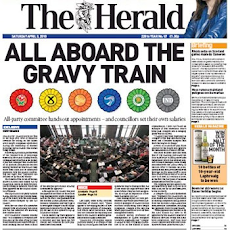
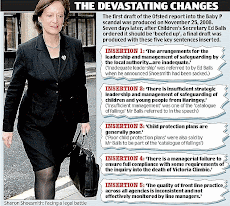


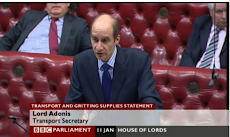





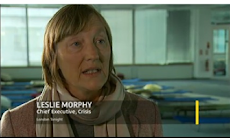



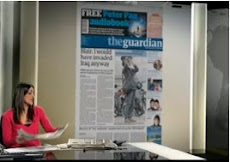

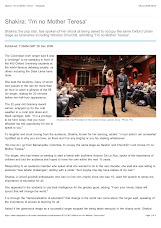




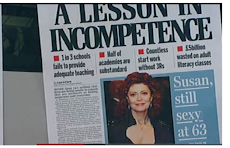

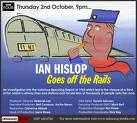












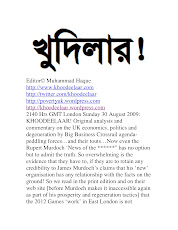





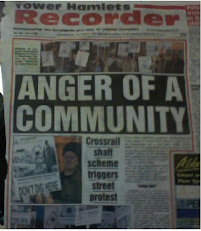






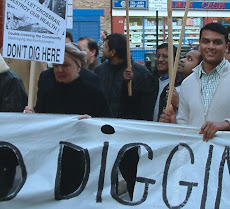




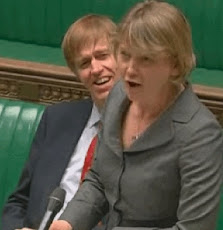


No comments:
Post a Comment